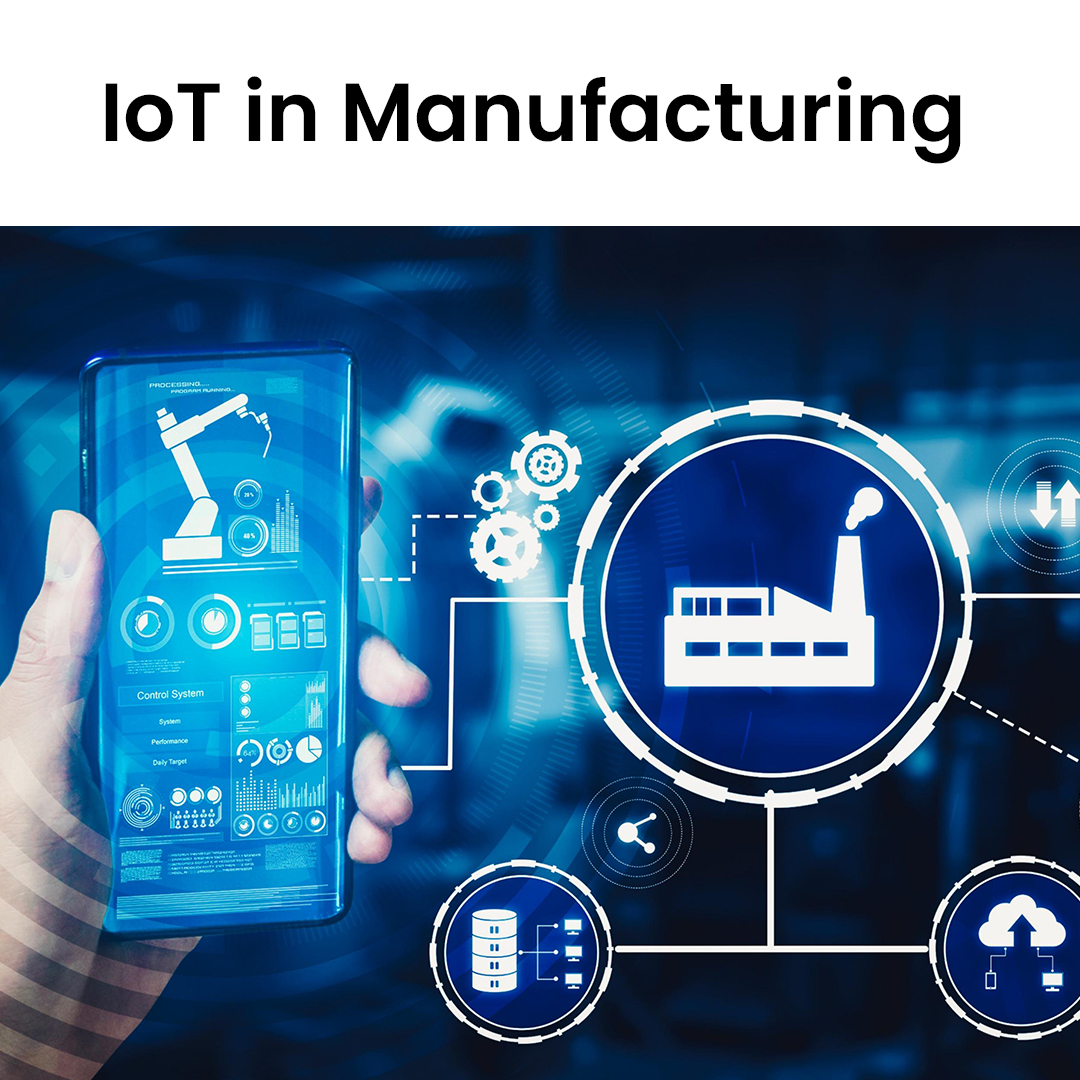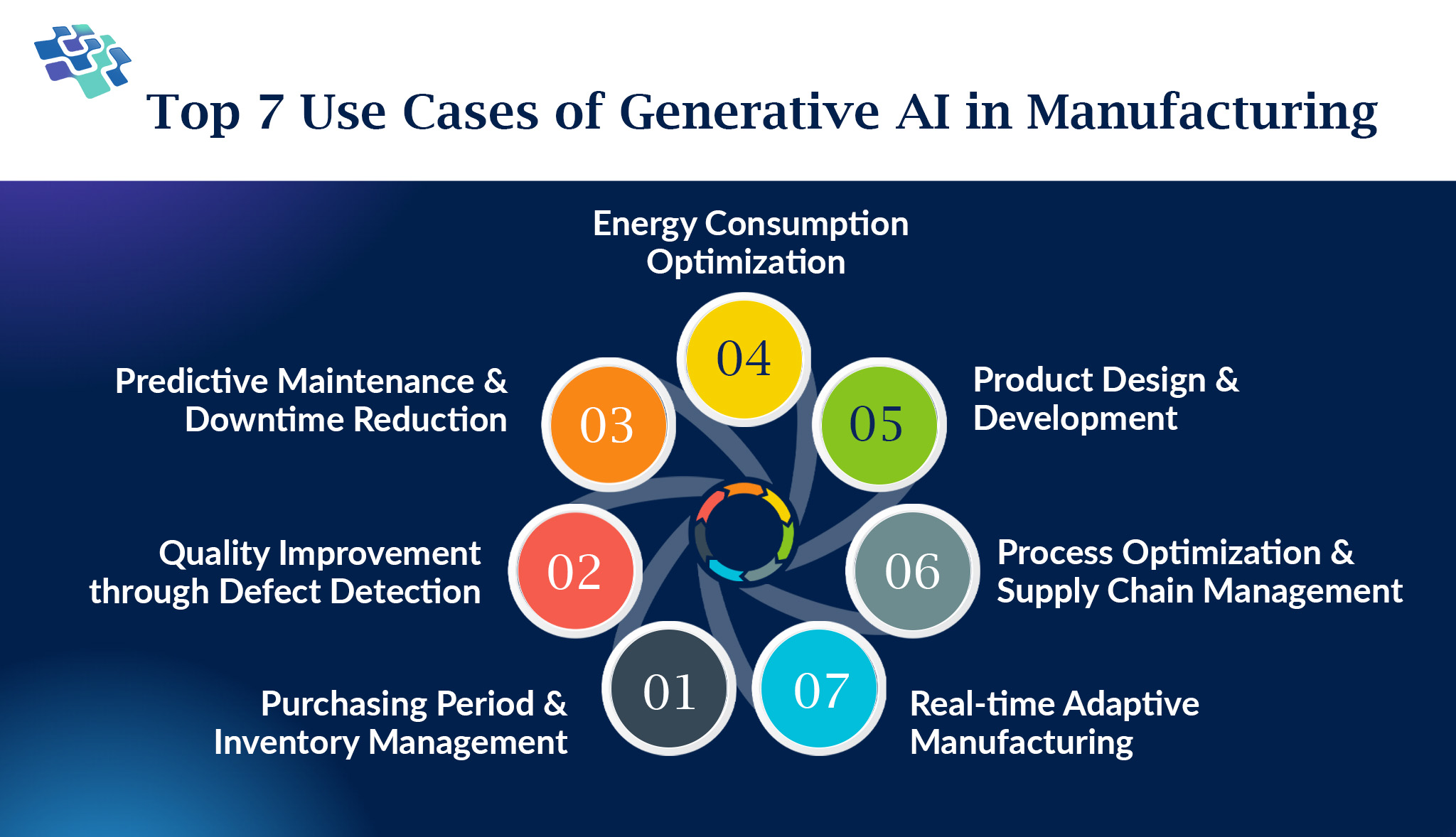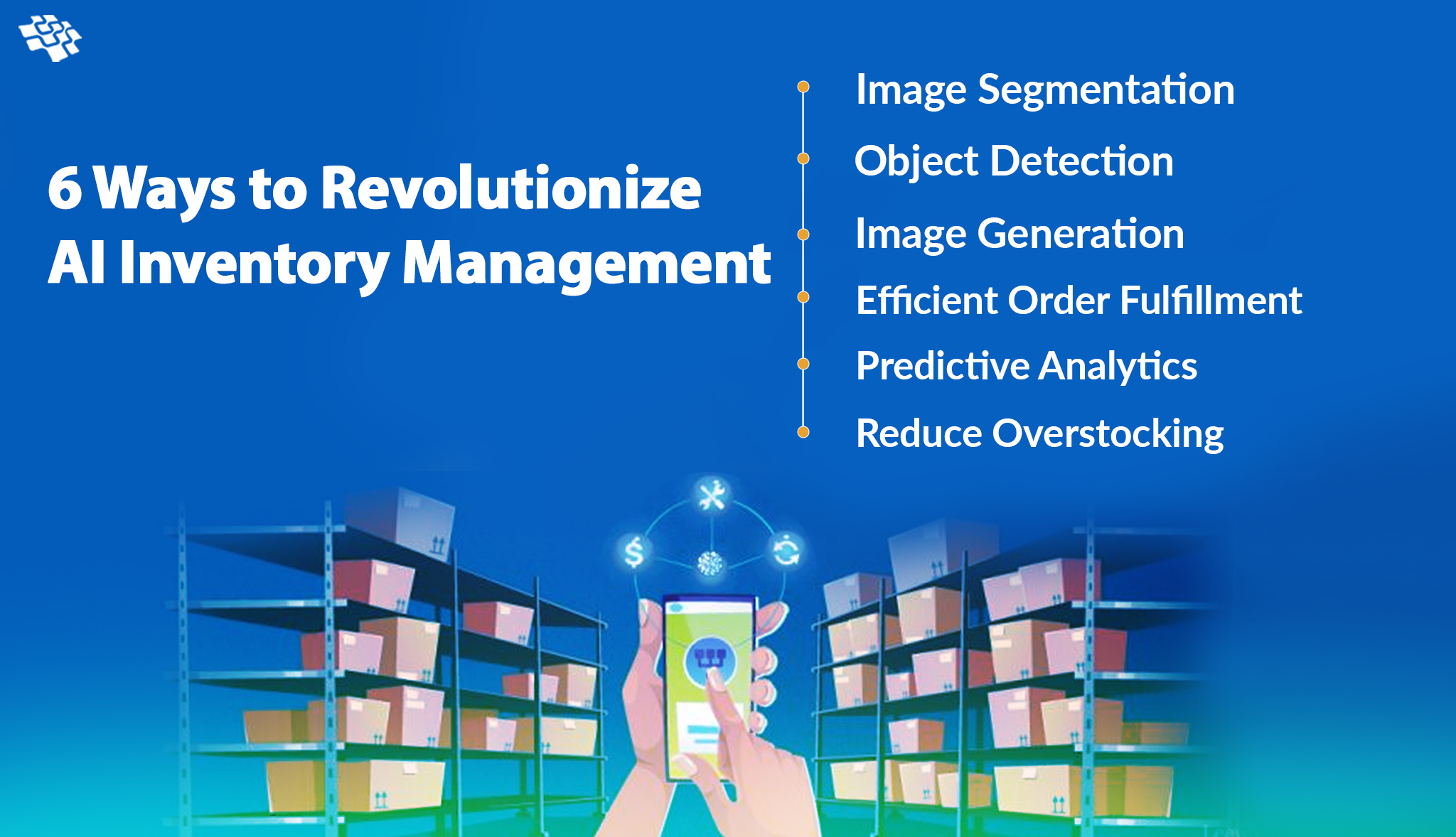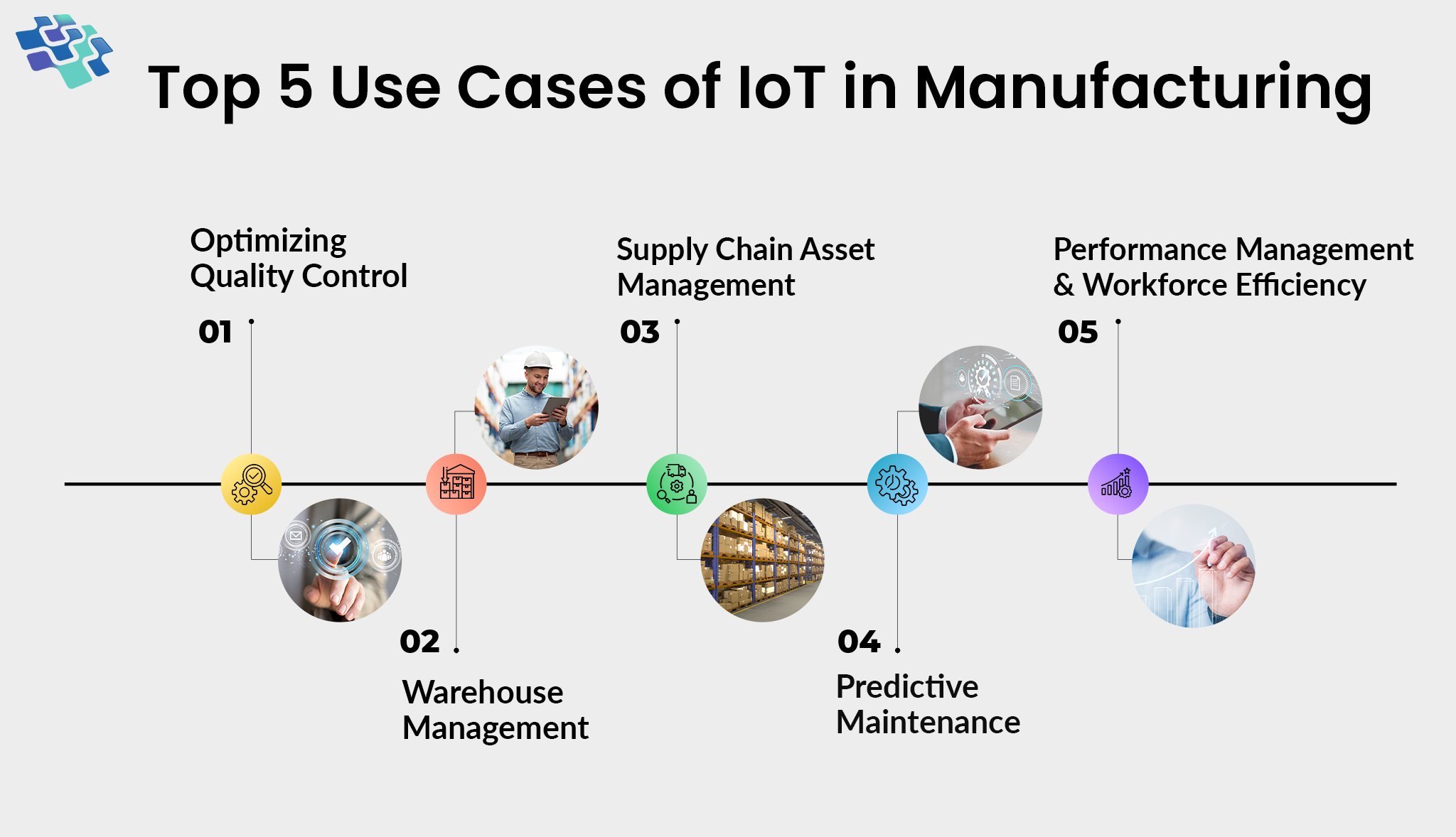How IoT in Manufacturing is Revolutionizing the Industry?
IoT in manufacturing industry has come to light as a potential solution to the ongoing problems, which is under constant pressure to increase production and efficiency while cutting costs.

Stay Ahead in Manufacturing with Our IoT Solutions for Streamlined Operations and Growth

“The introduction of IoT in the electronic manufacturing sector aims to further transform the sector’s operating and managing practices by reevaluating the basic working process. Moreover, utilizing IoT in this sector will assist in overcoming the obstacles that the pandemic has brought about. IoT technology has changed how manufacturers interact with their customers, allowing them to quickly respond to customer needs and demands.”– Research Gate
Digital Transformation & Internet of Things
Digital transformation is an emerging and ever-expanding trend in information technology. To help them compete in any industry, around 70% of businesses already have a digital transformation plan in place. A lot of startups have made the Internet of Things their whole business plan. Consider, for example, how established businesses across different sectors might profit from using IoT app development and integrating emerging IoT technology into their current business strategies.
Industrial IoT solutions come in a variety of sizes and forms. Additionally, they could be helpful to organizations in achieving their digital objectives throughout the whole organization. These include leveraging IoT software development to revolutionize:
- Back-office procedures,
- Empowering and improving the workforce, and
- Leveraging industrial IoT applications to improve internal performance.
Additionally, this technology helps the parts of the business that deal more directly with clients, such as the integration of IoT in products to enhance customer service and gather crucial customer data.
Importance of IoT in Manufacturing
Globally, there will be 83 billion IoT connections by 2024. Furthermore, over 70% of these IoT connections will come from the industrial sector, which includes the Internet of Things in manufacturing. The Internet of Things is becoming more and more fascinating for the following main reasons:
- IoT propels big data analytics and app development since it deals with massive data. Therefore, the demand for IoT is growing exponentially.
- Regardless of the type of business or sector, businesses can utilize IoT devices to personalize their products and services, adapt to the always-shifting needs and interests of their customers, provide better customer support, and boost total value.
- Massive amounts of data are collected and processed by IoT platforms without affecting or straining the system’s functionality.
Benefits of IoT in Manufacturing
With real-time monitoring, early quality issue detection, and overall process optimization, industrial IoT manufacturing devices enable you to attain the highest level of visibility into your production operations. Let’s examine the business assets that IoT in manufacturing brings to light in more detail.
- Inventory Management: For manufacturing businesses of all sizes, inventory management is critical. Asset management is made possible in the manufacturing industry by the Internet of Things at every stage and process of production. Real-time updates are provided regarding the inventory and machinery at warehouses. Ensuring their integrity and availability helps prevent both overstocking and understocking.
- Remote Management: The Internet of Things improves remote manufacturing management and visibility, leading to a more productive product development life cycle. To provide a marketable product considerably faster, businesses can test the quality of the finished product, oversee all manufacturing iterations, and partially foresee probable issues and machinery downtime.
- Enhanced Safety: Safety for employees and equipment is still a primary concern for business owners despite the amount of output. With integrated IoT sensors, businesses can identify probable machine crashes, identify people to protect them, and notify staff members about equipment damage, among other dangers.
Modernize Your Manufacturing Process with IoT for Enhanced Productivity and Innovation
Use Cases of IoT in Manufacturing
Real-time monitoring, predictive maintenance, and streamlined production processes are just a few of the innovations brought about by the development of IoT in manufacturing. Manufacturers can attain enhanced operational efficiency, decreased downtime, and better product quality by utilizing data analytics and connected devices.
 1. Optimizing Quality Control
1. Optimizing Quality Control
Monitoring a wide range of machines and process factors that affect the quality of the final product is necessary for effective quality control. Ideal humidity, air quality, and temperature management are critical to the process dependability and product quality of many manufacturing facilities. Humidity regulation is crucial in manufacturing for several reasons. Increased humidity levels may result in:
- Error in Testing Gear Accuracy
- Degradation of Materials
- Rise in the Amount of Energy Used
Quality control in production was previously done by hand, which frequently led to mistakes. Thanks to the Internet of Things, manufacturers can now more accurately monitor quality criteria including temperature, pressure, humidity, and particle matter. IoT in manufacturing aids in the data collection process, enabling the identification of products that meet quality criteria and require closer inspection. For producers who adhere to quality standards like ISO and GMP, this is especially crucial.
2. Warehouse Management
Today, warehouse management is one of the most important aspects of production due to shifting consumer demands, growing costs, and growing complexity. Consequently, businesses are spending millions of dollars to enhance their capacities. However, because they frequently neglect to recognize or handle the special difficulties faced by their business, these investments are not always effective.
Generally, a few sectors stand out as the most difficult ones in logistics or warehouses:
- Cost
- Speed
- Capacity
- Complexity
No matter where in the supply chain a material or component is located, monitoring its condition is one of the most potent uses of IoT sensor technology in manufacturing. When there is an inventory disturbance, operators are notified immediately by automatic notifications, letting them act before it affects production.
3. Supply Chain Asset Management
IoT for manufacturing can track and monitor the movement of both raw materials and completed goods via various production and transportation processes, providing organizations with valuable insights into how different elements of the supply chain are performing. This can provide insights into areas that could be optimized or costs that could be decreased, in addition to helping to understand the general state of production. Raw materials, for instance, could come from a wide range of suppliers in a complicated supply chain. Even a small backlog in one of these deliveries could result in costly delays and a manufacturing bottleneck.
Management can find the specific location of a problem quickly and take the appropriate action to fix it before it causes more significant delays by monitoring how all items are moving through the company.
Watch Our Podcast: Weathering the Storm- Why Supply Chain Resilience is Always in Season
4. Predictive Maintenance
Manufacturers have always planned the maintenance plans for their machinery and equipment using a time-based approach. However, a study indicates that 82% of equipment failures occur at random, while just 18% of equipment failures are related to age. This demonstrates that a time-based strategy is ineffective and could end up being expensive in the long term. By using industrial IoT in manufacturing for predictive maintenance, manufacturers can steer clear of such inefficient maintenance practices. They can assess the actual wear and tear on the equipment by utilizing IoT sensors to monitor its operational environment and do analytics using relevant data in the cloud. Fast service and repair provide greater cost savings, improved field technician job allocation, downtime avoidance, and maintenance process efficiency.
For instance, water cooling panels are used in numerous furnaces in steel plants to regulate temperature. Any leaks in the panels could lead to lost productivity and safety concerns. Plant managers can strategically discover anomalies and do a root cause analysis with IoT-based predictive maintenance to avoid machine failures and production delays.
5. Performance Management & Workforce Efficiency
Manufacturing capacity performance is significantly impacted by IoT. By incorporating IoT in manufacturing throughout the whole production process, businesses can obtain a large amount of data. This procedure uses insights derived from data to optimize performance. Equipment efficiency may be maximized once possible malfunctions and downtime are minimized. Continuous improvement from the data collected is another important aspect of IoT implementation. This leads to strategies that make use of the resources at hand and result in significant cost reductions that were previously unattainable.
A more productive workforce could be the outcome of all that has been discussed thus far. Workers can concentrate on value-added activities as repetitive and time-consuming jobs are automated, and the data gathered is utilized to improve manufacturing.
To enhance its manufacturing processes, Airbus is implementing IoT technologies on the production floor. Employees can measure the size of the bolt that needs to go in the hole by scanning the metal sheet of an airplane with a tablet or smart glasses.
Boost Manufacturing Efficiency with Smart IoT Integration and Resource Optimization
Future Potential of IoT in Manufacturing
With its anticipated expansion and enormous promise in the future, the Internet of Things in manufacturing is set to completely transform the sector.
- Manufacturers can link and monitor a variety of machines, devices, and processes thanks to the IoT, which facilitates real-time data collecting, analysis, and decision-making. This connectivity leads to cost savings and increased production by improving operational efficiency, decreasing downtime, and enabling predictive maintenance.
- Manufacturers can improve their supply chains by integrating intelligent inventory management systems and automated replenishment procedures with the help of the IoT. This eventually improves customer satisfaction by lowering inventory costs, streamlining logistics, and improving demand forecasts.
- IoT in manufacturing also makes it possible to create “smart factories,” which are automated production facilities with seamless communication between systems and machines. Better automation, higher output, and better quality control result from this.
IoT has enormous promise in the manufacturing sector going forward. Manufacturers should anticipate additional IoT integration with AI, ML, and big data analytics as technology develops. This will open the door for Industry 4.0 and the factory of the future by enabling more complex predictive and prescriptive analytics, wise decision-making, and improved automation.
Join the Future of IoT in Manufacturing with NextGen Invent
Industry 4.0 is the new manufacturing era that the Internet of Things is bringing about. Manufacturers can increase safety, lower costs, optimize their supply chain, improve quality control, and increase operational efficiency by utilizing the Internet of Things. To sum up, IoT is revolutionizing quality control and manufacturing inspection. It permits a basic shift in defect prevention from reactive to proactive. IoT implementation in the manufacturing sector, however, calls for specific knowledge. For this reason, collaborating with a iot and manufacturing software development company like NextGen Invent is crucial.
As manufacturers embrace the future of IoT in manufacturing, we at NextGen Invent assist them in achieving the efficiency and productivity they anticipate with our comprehensive network infrastructure, connectivity, and manufacturing software development solutions.
Get in touch with us now to find out how we can support you in utilizing IoT to improve your manufacturing processes.
Frequently Asked Questions About IoT in Manufacturing
Related Blogs

Use Cases of Generative AI in Manufacturing
Consider a scenario in which data is more than just numbers and figures. Rather, it is a dynamic force that molds the fundamental essence of business activities. That is the exact contribution that generative AI in manufacturing makes.

How AI in Manufacturing is Transforming the Industry?
A fiercely global economy can be kept competitive with the advent of AI in manufacturing. The integration of artificial intelligence in manufacturing brings transformative potential, employing algorithms to process data from sensors and human inputs.

How CV is Revolutionizing AI Inventory Management?
AI inventory management is revolutionizing large-scale corporate operations by enhancing efficiency and accuracy. Through precise product location tracking, this innovative technology optimizes processing and stocking, ensuring seamless movements with the right force.
Stay In the Know
Get Latest updates and industry insights every month.
 1. Optimizing Quality Control
1. Optimizing Quality Control